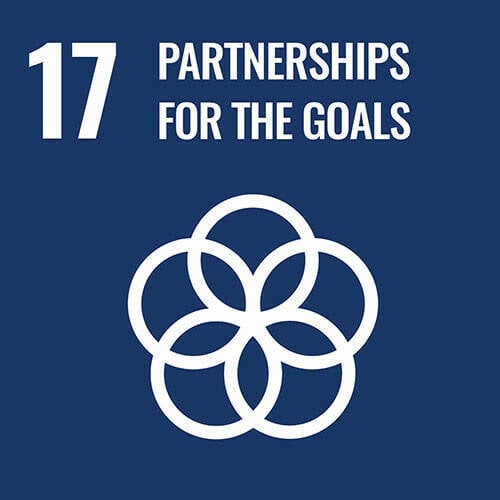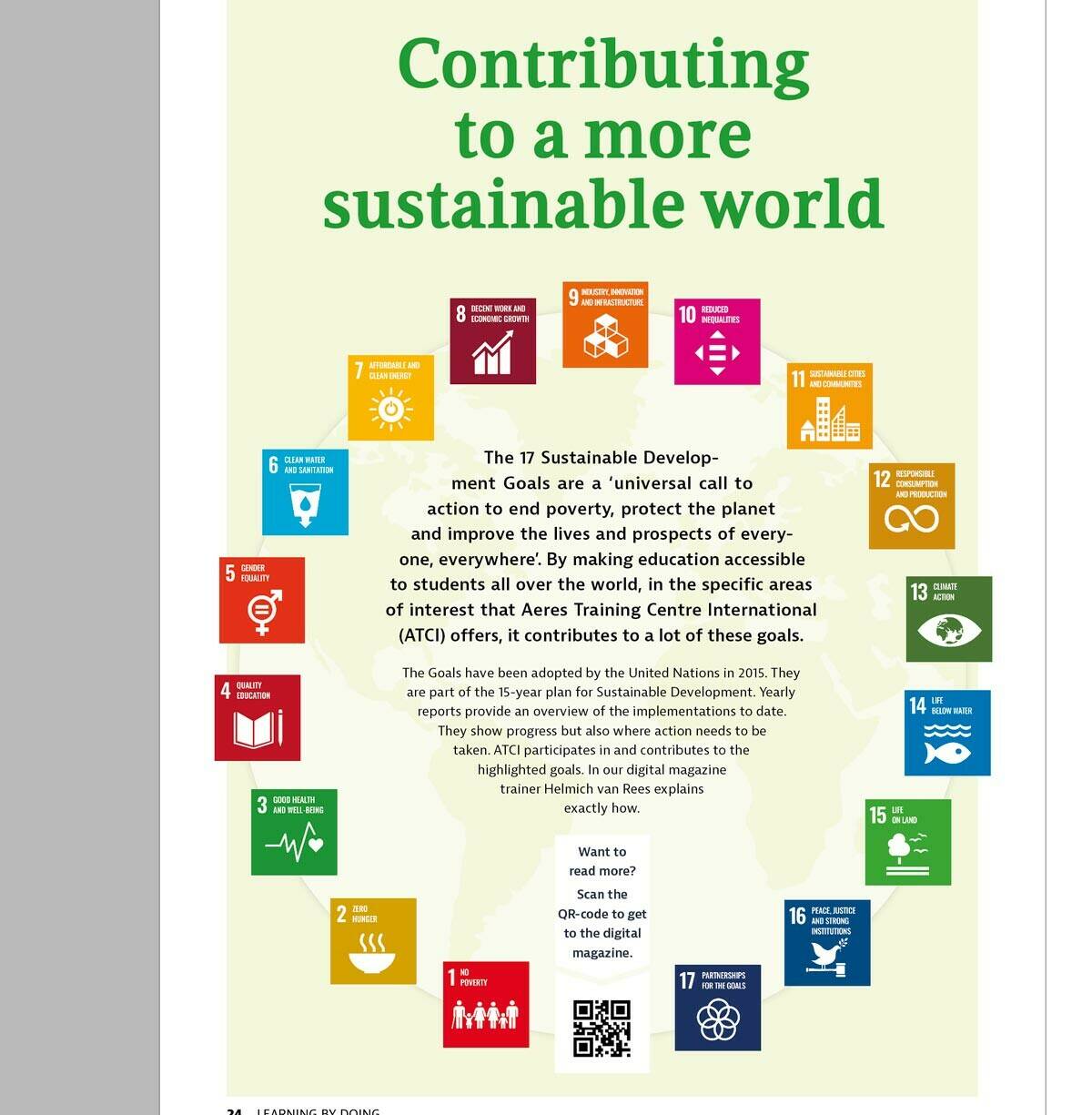The Sustainable Development Goals have been adopted by the United Nations in 2015. They are part of the 15-year plan for Sustainable Development. Yearly reports provide an overview of the implementations to date. They show progress but also where action needs to be taken. ATCI participates in and contributes to the highlighted goals.
Trainer Helmich van Rees explains exactly how ATCI contributes to specific goals. Click on one of the highlighted goals, to learn more.
The 17 Sustainable Development Goals are a ‘universal call to action to end poverty, protect the planet and improve the lives and prospects of everyone, everywhere’. By training people worldwide Aeres Training Centre International (ATCI) contributes to reaching these goals.
to a more
sustainable world

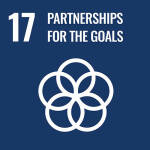
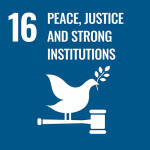
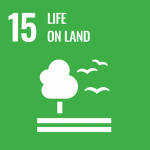
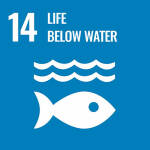
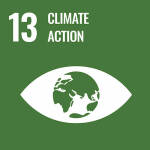
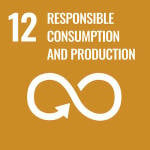
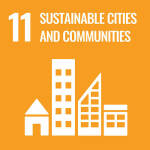
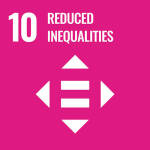
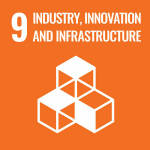
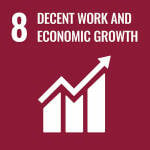
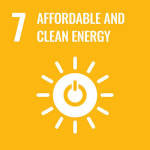
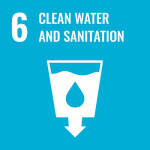
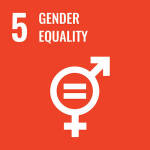
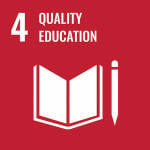
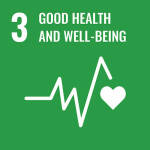
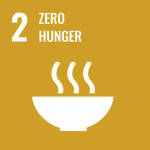
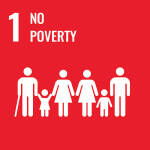





Nations United: Urgent Solutions for Urgent Times | Presented by Thandie Newton
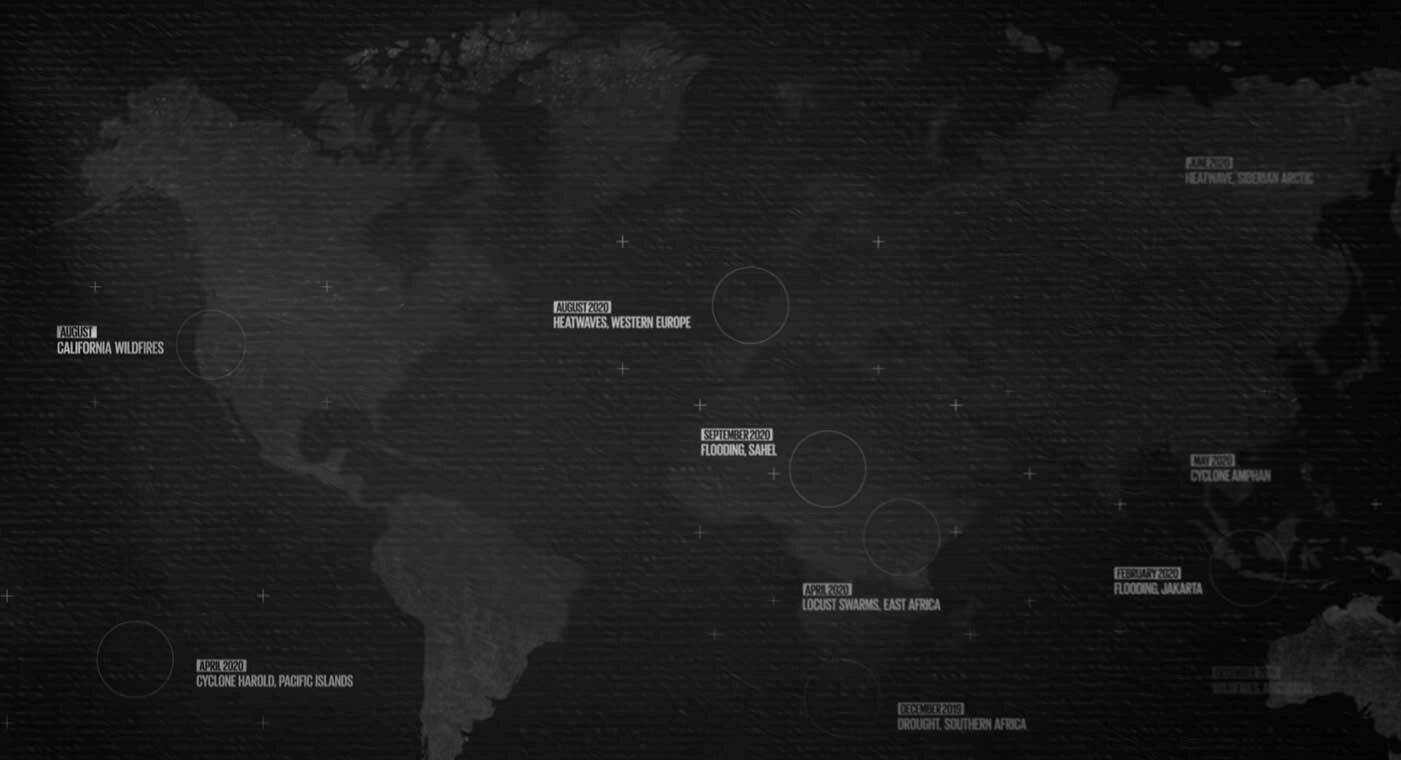

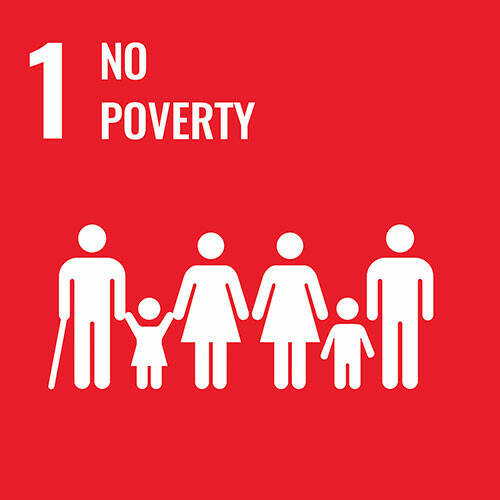

“From the start ATCI has focused on creating chances for people in less fortunate parts of the world. We train trainers with the ambition to decrease poverty. Our focus is mostly on developing countries. The students from those countries are mainly extension officers, educators or advisors. We also cooperate with big companies in order to contribute to the employment in certain areas. When we started, the complete selection process was in our hands, now the definite choices are made by embassies and Nuffic, and we restrict ourselves to so-called pre-selection. When we do that, we always aim for equality in our selection of candidates.

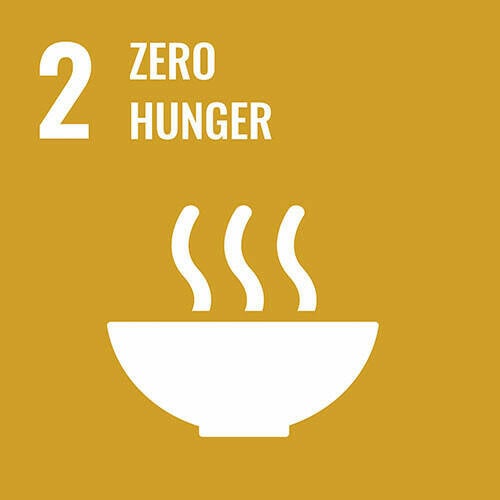

“We work and teach in food production, so our contribution to the goal of zero hunger is self-evident. In Africa and Asia we see a growing demand for animal protein. That is due to a growing economy and increasing urbanisation. The African population is growing rapidly, in 2000 Africans were only 10% of the world population, but in 2060 they are likely to be 30% of the world population and still growing in numbers. All these people will need to be fed. Our students can play a big part in that. Africans have to produce that food themselves, because if they don’t, other countries will take over the market and local economies will suffer.”

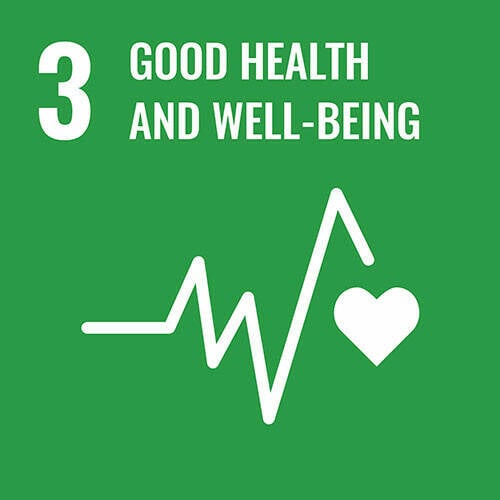

“Good health starts with good food. Food is not only important for physical health, but also for mental health. When people don’t have to worry about food, they experience less fear and stress. Their wellbeing and social status are improved when they have sufficient access to good food.”

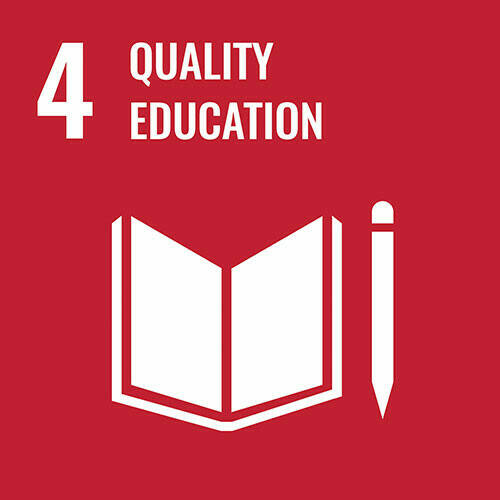

“The way we train and educate people is completely different from the average form of education you will find in Africa or Asia. In many countries there is a lot of emphasis on lectures. A trainer or teacher stands in front of the classroom and students have to reproduce the information. Experience tells us that this is not an effective way of teaching. We believe in ‘learning by doing’ and our students appreciate that. Of course, we encourage them to share and implement their newly acquired skills and knowledge back home in order to get most effect of their training.”

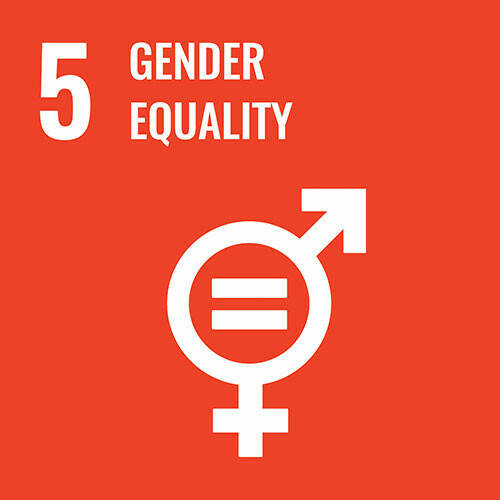

“Gender equality is very important to us. Although we might never get an equal number of male and female participants, the average now is about 1/3 women and 2/3 men, which is something we are proud of. When we do the pre-selection of new students, we always keep equality in mind. One of many good reason for this is that females are more eager sharing information than men. So, in general the multiplier-effect from our lessons is a lot bigger with women than it is with men.”

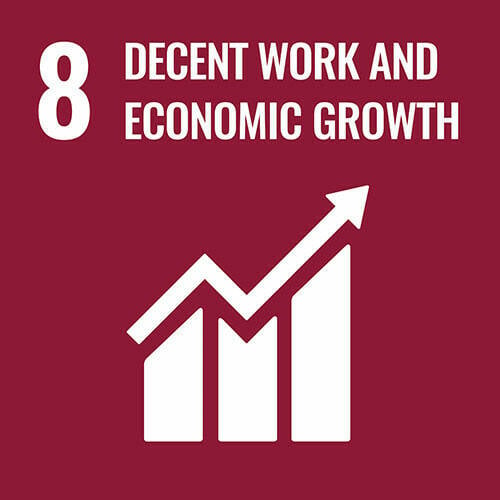

“Decent work. We teach our students that work is not only about making money. Keeping chickens or pigs is not just a way of making money. You have to enjoy your work, appreciate it and be passionate about it!”

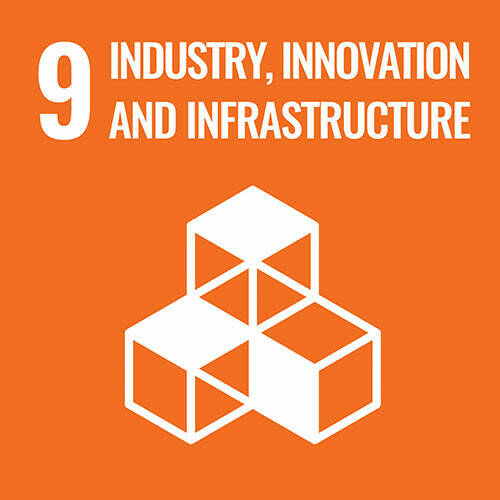

“While industry and infrastructure might not play a big part at ATCI, innovation definitely does. Things are always changing and you have to be prepared for that. You have to welcome changes and learn how to adapt yourself. This spring we took a group of students to see a windmill in the east of the Netherlands. While it might be a couple of hundred years old, it is a great showcase of innovation and continuous development.”

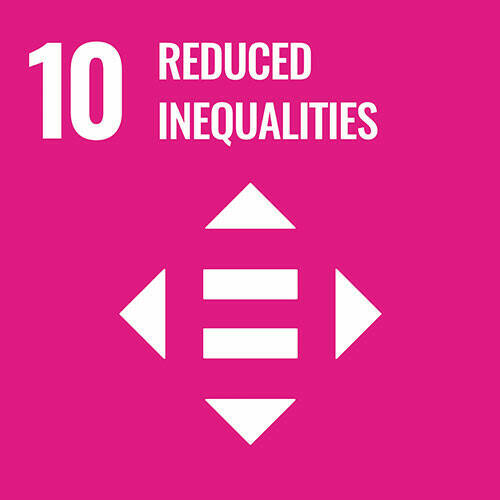

“While in the Netherlands equality is very common, there are a lot of places in the world where class-systems and inequality are still in place. We try to show our students that it doesn’t have to be like that. This also shows when trainers and students all go into the poultry house and all get their hands dirty. As trainers, we don’t walk around in spotless suits. It is all to show that there is no difference in what you’re worth. While we might not change the class-systems in their home countries, we do want to make people think about this.”

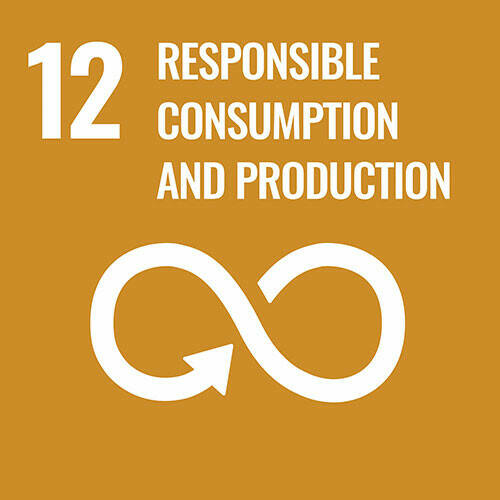

“It is inevitable that we focus on sustainable farming and animal welfare. It is all included in our modules, and we tell the students that even if it’s not on the agenda in their countries, it surely will be in the near future. It is just a matter of time. The more industry develops, the more these topics will start playing a part. After food security and food safety follow important issues like animal welfare and biodiversity. We want to show our students what is ahead of them, so that we can prepare them for their future.”

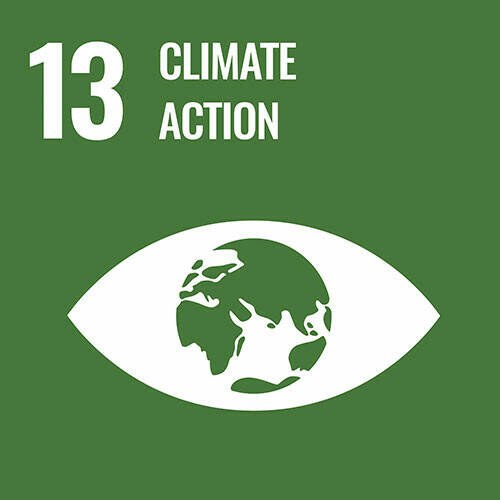

“It might be a bit of an inconvenient truth but organic is not always better for the environment. I’ll explain myself. Organic, slow-growing poultry for example needs a lot more resources and land than that is required for fast-growing poultry. We like to hear the organic way is always better for the climate, but unfortunately it is not always like that. We try to keep the focus on teaching our students how to maintain quality, while working efficiently and sustainably.”

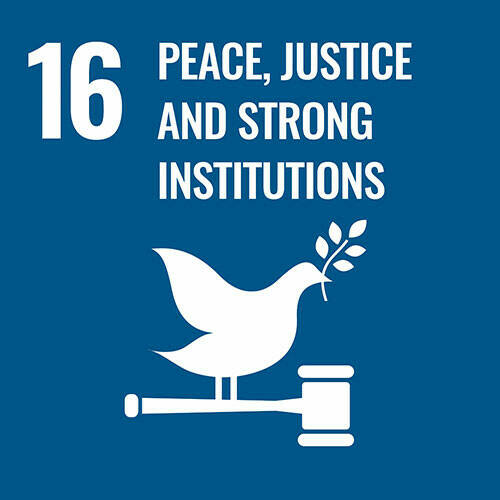

“While it is not one of our primary goals, these three things always follow along in the process. They are beneficial side-effect of good education and good food for example.”

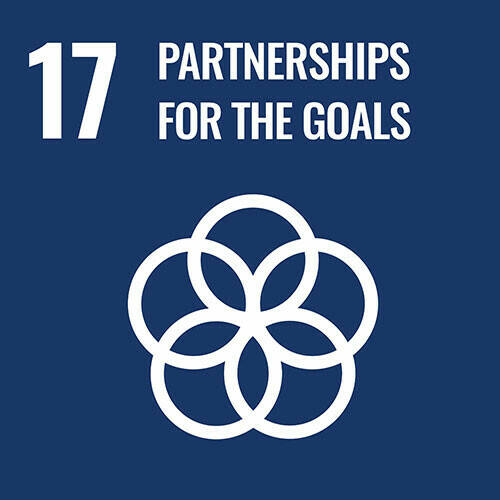

“We indirectly contribute to this goal. We have a large network of students from over 140 countries. With a lot of them we are still in touch. It makes us proud to hear the things they accomplish in their home countries. Some have even developed new educational institutes and training centres!”
The Sustainable Development Goals have been adopted by the United Nations in 2015. They are part of the 15-year plan for Sustainable Development. Yearly reports provide an overview of the implementations to date. They show progress but also where action needs to be taken. ATCI participates in and contributes to the highlighted goals.
Trainer Helmich van Rees explains exactly how ATCI contributes to specific goals. Click on one of the highlighted goals, to learn more.
The 17 Sustainable Development Goals are a ‘universal call to action to end poverty, protect the planet and improve the lives and prospects of everyone, everywhere’. By training people worldwide Aeres Training Centre International (ATCI) contributes to reaching these goals.
to a more
sustainable world



















“From the start ATCI has focused on creating chances for people in less fortunate parts of the world. We train trainers with the ambition to decrease poverty. Our focus is mostly on developing countries. The students from those countries are mainly extension officers, educators or advisors. We also cooperate with big companies in order to contribute to the employment in certain areas. When we started, the complete selection process was in our hands, now the definite choices are made by embassies and Nuffic, and we restrict ourselves to so-called pre-selection. When we do that, we always aim for equality in our selection of candidates.
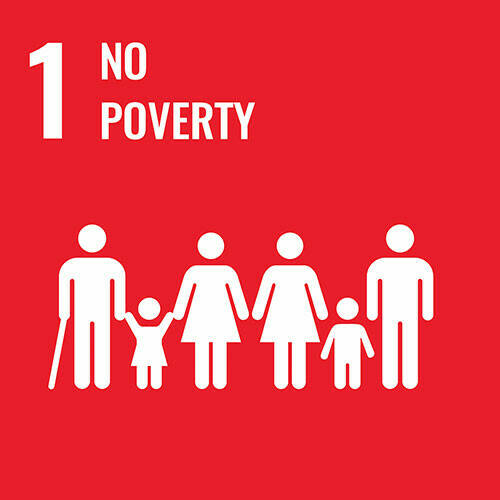
“We work and teach in food production, so our contribution to the goal of zero hunger is self-evident. In Africa and Asia we see a growing demand for animal protein. That is due to a growing economy and increasing urbanisation. The African population is growing rapidly, in 2000 Africans were only 10% of the world population, but in 2060 they are likely to be 30% of the world population and still growing in numbers. All these people will need to be fed. Our students can play a big part in that. Africans have to produce that food themselves, because if they don’t, other countries will take over the market and local economies will suffer.”
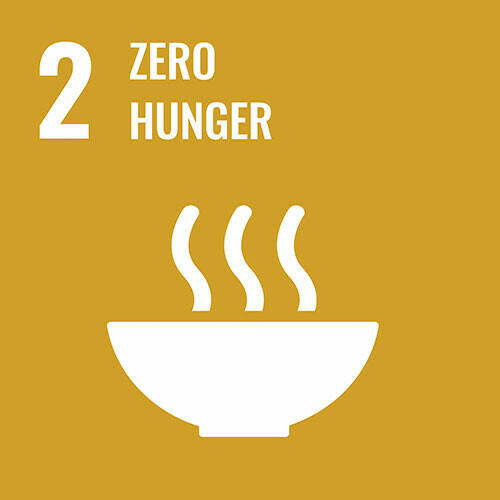
“Good health starts with good food. Food is not only important for physical health, but also for mental health. When people don’t have to worry about food, they experience less fear and stress. Their wellbeing and social status are improved when they have sufficient access to good food.”
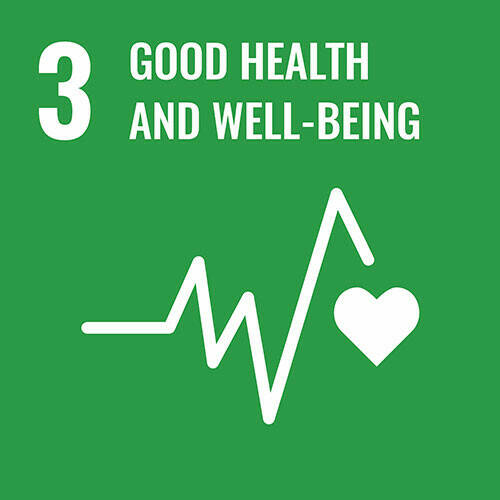
“The way we train and educate people is completely different from the average form of education you will find in Africa or Asia. In many countries there is a lot of emphasis on lectures. A trainer or teacher stands in front of the classroom and students have to reproduce the information. Experience tells us that this is not an effective way of teaching. We believe in ‘learning by doing’ and our students appreciate that. Of course, we encourage them to share and implement their newly acquired skills and knowledge back home in order to get most effect of their training.”
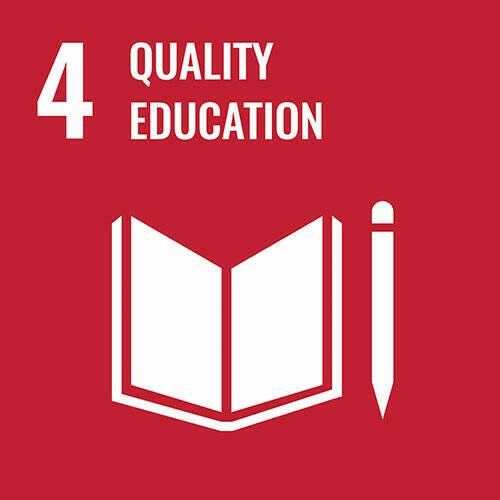
“Gender equality is very important to us. Although we might never get an equal number of male and female participants, the average now is about 1/3 women and 2/3 men, which is something we are proud of. When we do the pre-selection of new students, we always keep equality in mind. One of many good reason for this is that females are more eager sharing information than men. So, in general the multiplier-effect from our lessons is a lot bigger with women than it is with men.”
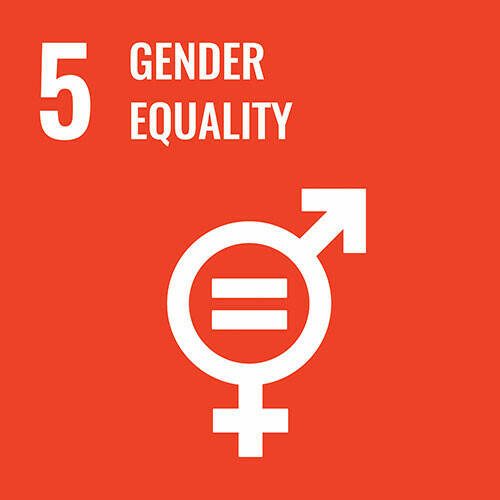
“Decent work. We teach our students that work is not only about making money. Keeping chickens or pigs is not just a way of making money. You have to enjoy your work, appreciate it and be passionate about it!”
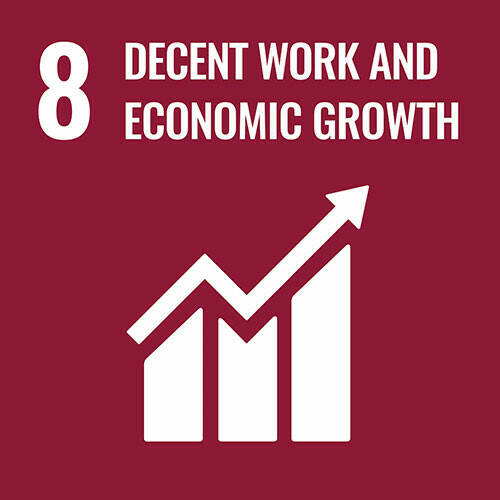
“While industry and infrastructure might not play a big part at ATCI, innovation definitely does. Things are always changing and you have to be prepared for that. You have to welcome changes and learn how to adapt yourself. This spring we took a group of students to see a windmill in the east of the Netherlands. While it might be a couple of hundred years old, it is a great showcase of innovation and continuous development.”
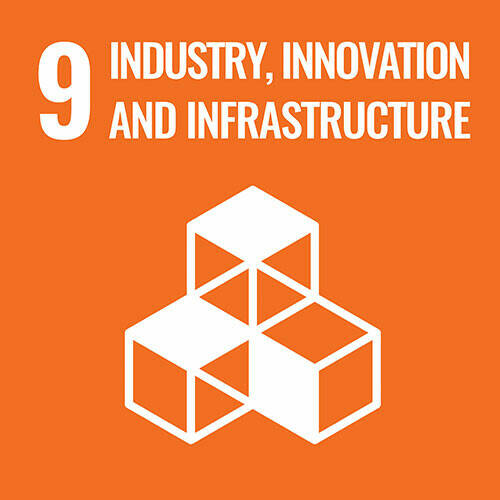
“While in the Netherlands equality is very common, there are a lot of places in the world where class-systems and inequality are still in place. We try to show our students that it doesn’t have to be like that. This also shows when trainers and students all go into the poultry house and all get their hands dirty. As trainers, we don’t walk around in spotless suits. It is all to show that there is no difference in what you’re worth. While we might not change the class-systems in their home countries, we do want to make people think about this.”
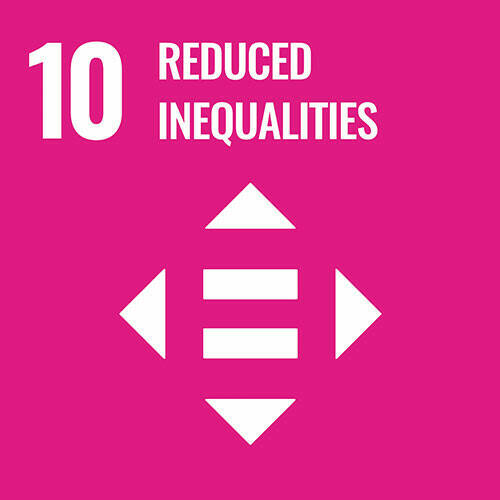
“It is inevitable that we focus on sustainable farming and animal welfare. It is all included in our modules, and we tell the students that even if it’s not on the agenda in their countries, it surely will be in the near future. It is just a matter of time. The more industry develops, the more these topics will start playing a part. After food security and food safety follow important issues like animal welfare and biodiversity. We want to show our students what is ahead of them, so that we can prepare them for their future.”
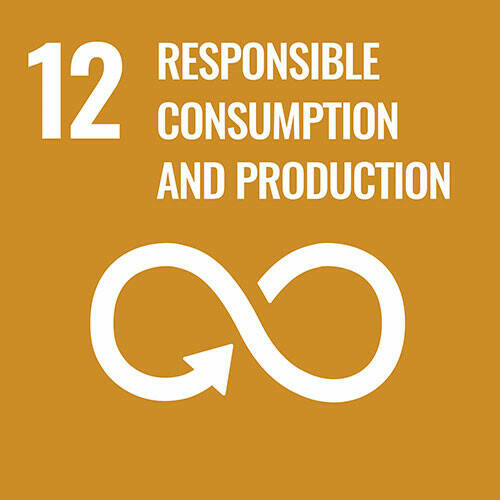
“It might be a bit of an inconvenient truth but organic is not always better for the environment. I’ll explain myself. Organic, slow-growing poultry for example needs a lot more resources and land than that is required for fast-growing poultry. We like to hear the organic way is always better for the climate, but unfortunately it is not always like that. We try to keep the focus on teaching our students how to maintain quality, while working efficiently and sustainably.”
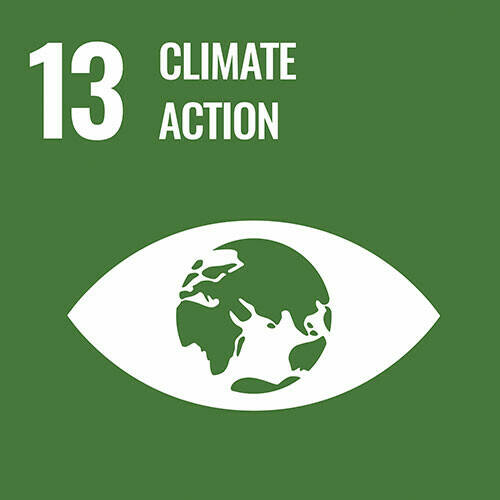
“While it is not one of our primary goals, these three things always follow along in the process. They are beneficial side-effect of good education and good food for example.”
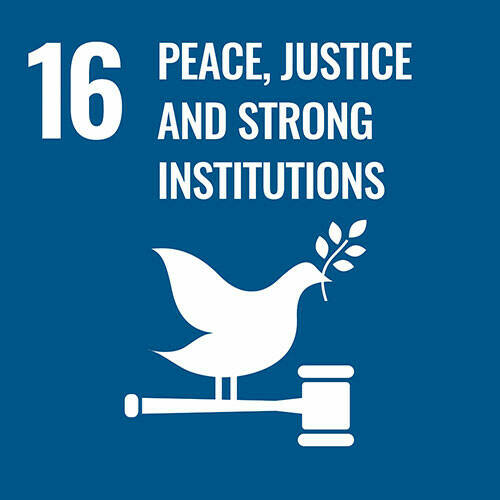

“We indirectly contribute to this goal. We have a large network of students from over 140 countries. With a lot of them we are still in touch. It makes us proud to hear the things they accomplish in their home countries. Some have even developed new educational institutes and training centres!”
